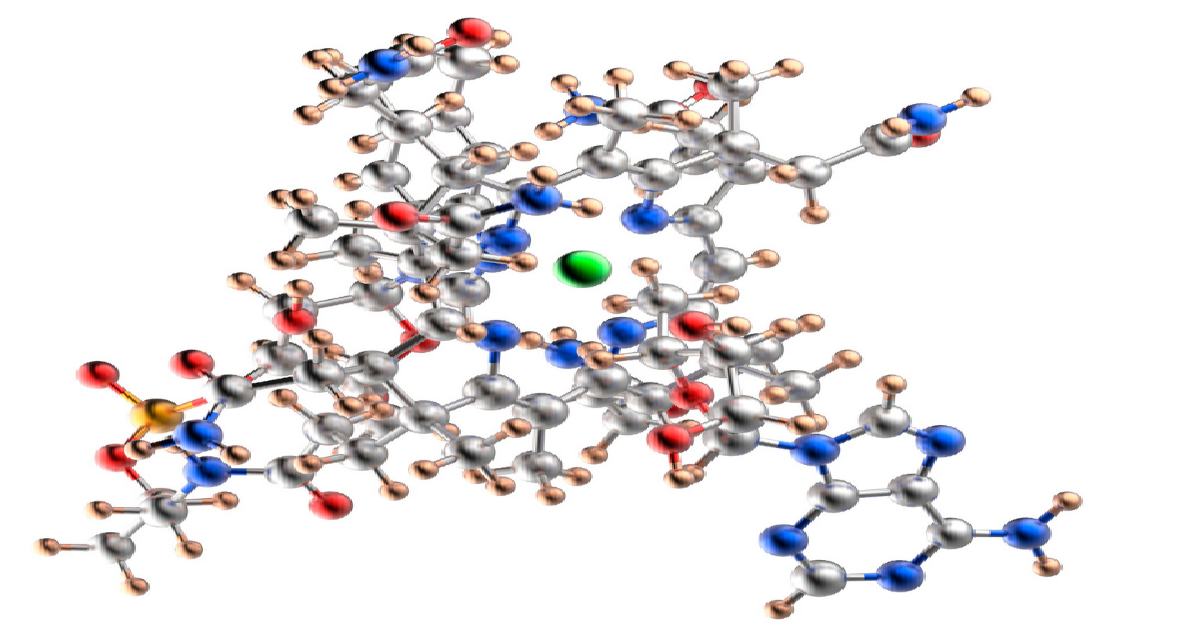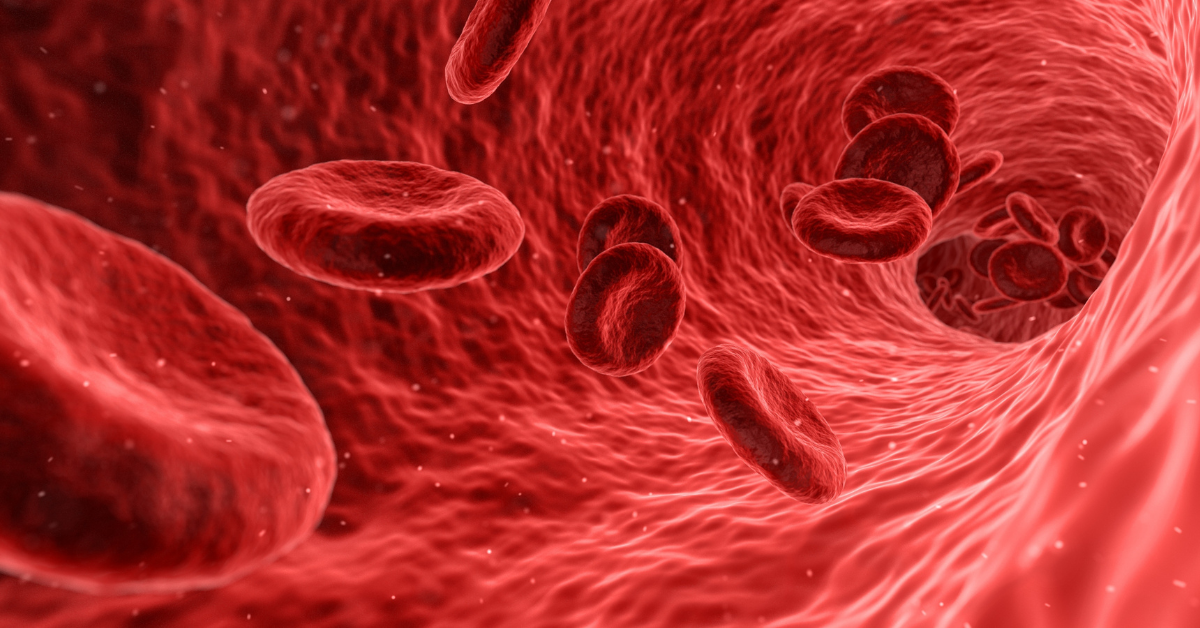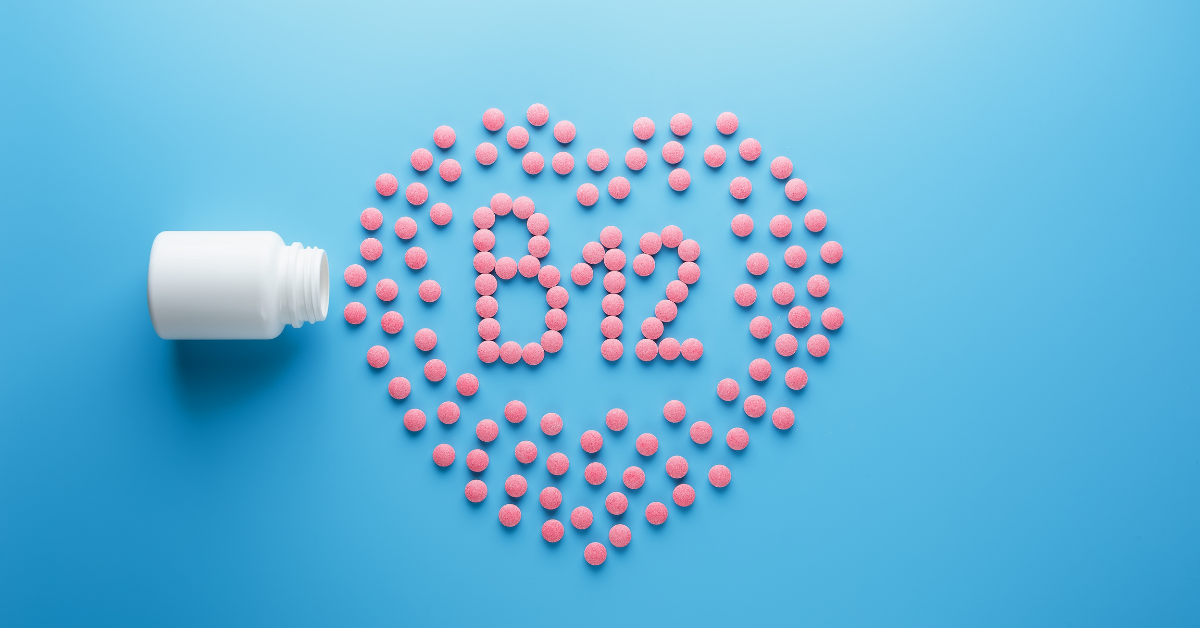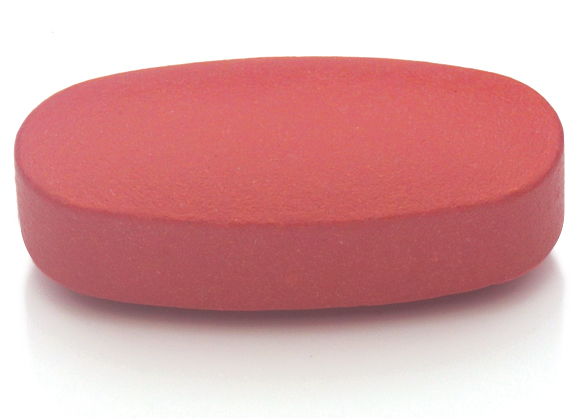Vitamin B12: what is it, and why is it so important?
The world of vitamins can be confusing, and the B vitamins are perhaps the most confusing of all! Weirdly, even though they’re numbered up to B12, there are only eight of them. The body needs all of them in certain amounts as they’re essential to make many biological processes run smoothly, and a deficiency can lead to some serious and debilitating medical conditions.
Anyone who becomes a vegan will soon learn that ensuring they take enough vitamin B12 is going to be an important part of their new existence – but everyone needs this unique nutrient, irregardless of whether they have a plant-based diet or spend all day eating beefburgers. But what is vitamin B12, why is it so important, and how can we get enough?
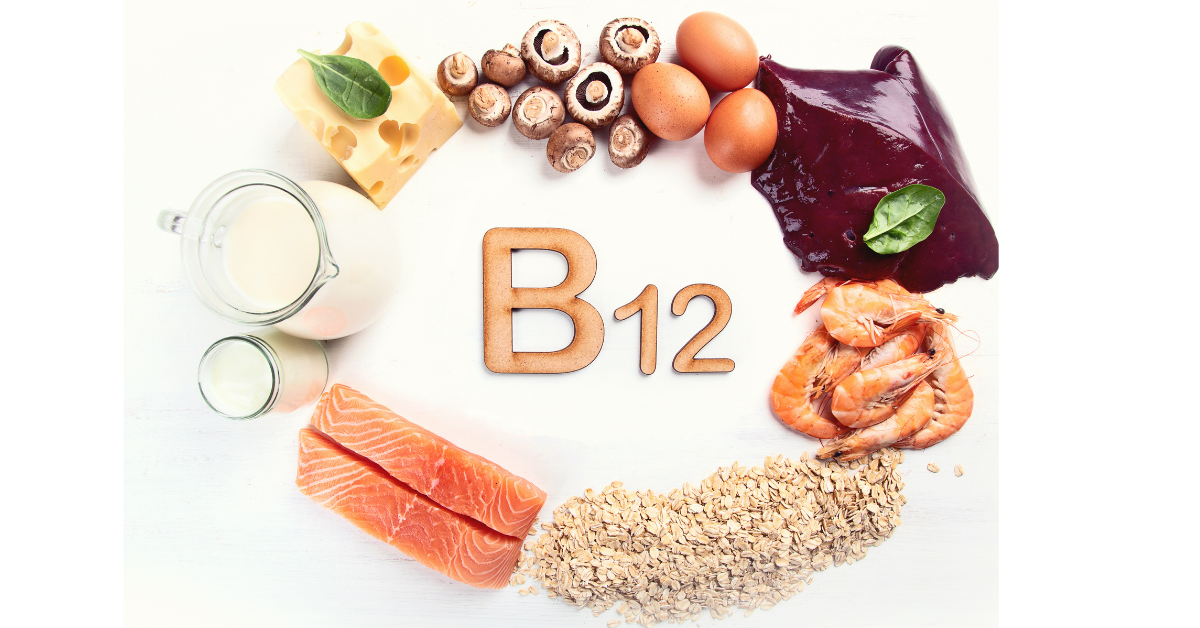
Vitamin B12 is also called cobalamin, and is related to cobalt, a rare trace mineral found in the Earth’s crust which is essential for survival for all mammals. On average, our bodies contain around 1 microgram of cobalt, most of which is in the form of vitamin B12. In its purest form, B12 is a deep red colour, and is water-soluble.
Vitamin B12 also has a major role to play in the formation of DNA in the body. This is the hereditary material found in humans that contains our unique genetic code. It’s basically a set of instructions for making all the proteins in our body that make us who we are.
As well as forming DNA, vitamin B12 is crucial for ensuring our red blood cells form properly and are able to do their work, including carrying oxygen around the body. Normal, healthy red blood cells are round and small, but without sufficient B12, they become larger and oval in shape. This makes them unable to move efficiently from the bone marrow, where they form, into the blood quickly enough to operate as they should.
B12 is also essential for protecting and reinforcing the myelin sheath, a layer that covers and shields our nerves. If this breaks down, it leads to conditions such as peripheral neuropathy. This can cause pain, weakness and a loss of feeling in our extremities, such as hands and feet.
The amount of vitamin B12 our bodies require changes throughout our lifetime, according to age and various other factors, such as pregnancy. Pregnant women need more B12, and B12 deficiency among pregnant women is common – around a quarter, rising to a third in the final trimester.
For people with normal absorption, ie. under 50, about 1-4 micrograms of B12 are generally advised every day, depending on who you listen to, but as the body only absorbs around half of what it consumes in the diet, the real amount you need may be higher. For people older than 50, the amount needed rises further as absorption capability decreases. Many nutritionists recommend that vegans and vegetarians – and often meat-eaters too – take B12 supplements, but it should be noted that even less B12 is absorbed by the body from supplements than from dietary sources – sometimes only a tenth. Happily, B12 is considered safe even at high doses, so many people who take supplements choose a high-strength variety, and many people choose to take a daily B12 pill or oral B12 spray of over 1,000 micrograms.
The main dietary sources of vitamin B12 are meat, fish, eggs, milk and cheese. Obviously, this is going to be a problem if you choose to follow a diet which rejects these things! Vegetarians, and especially vegans, tend to have a lower body mass index, lower cholesterol, lower blood sugar and lower blood pressure than consumers of meat and dairy, but all these markers of improved health can be nullified if they’re not getting enough vitamin B12. Luckily, many products are available which are fortified with B12, so you can get enough with a tablespoon or two of nutritional yeast flakes, or by spreading some yeast extract on your toast. Many vegan products now add B12 routinely, such as vegan cheddar, many plant-based milks and even burgers.
What happens if we don't have enough?
If we’re not getting enough B12, this may well not become immediately apparent, as our bodies are able to store supplies of it for up to 4 years – so we may not realise it until quite a while later. Ageing, type 1 diabetes, HIV and intestinal disorders such as Crohn’s disease and celiac disease can reduce our ability to absorb B12. Four in ten patients who have undergone bariatric surgery (such as ‘stomach stapling’ carried out on obese patients to enable weight loss) experience a B12 deficiency because of a reduction in gastric acid and enzymes which normally aid the vitamin’s absorption. The main cause of B12 deficiency, though, is a lack of something called intrinsic factor, a protein found in the stomach necessary for B12 absorption. This can occur when the body’s immune system mistakenly attacks the cells that make it. Often, this leads to a condition called pernicious anaemia, which happens when the body can’t make enough red blood cells, and oxygen can’t efficiently be carried round the body to enable our organs to work effectively. It causes tiredness, increased heart rate, pale skin and weakness. This used to be fatal, but these days it can be effectively treated with regular high doses of B12 (either supplements or injections).

